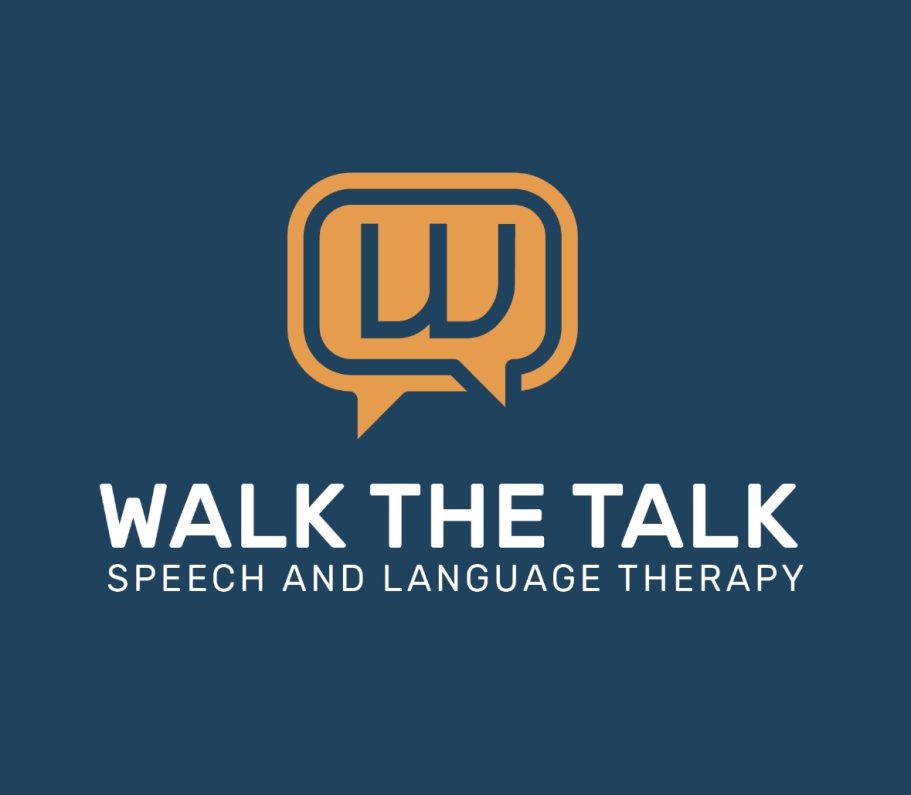Our Clients
Our clients require support with the following:

Phonological Disorders
This is a type of speech sound disorder characterised by difficulties with forming the correct sounds to produce words. Children with phonological disorder may not be using some or all of the speech sounds to form words as expected for a child their age. This may also include articulation disorder, disfluency, and voice disorders.

Aphasia
Difficulties expressing and/or understanding spoken and/or written language. Most commonly seen in individuals who have had a stroke or have a progressive neurological condition, such as Parkinsons. Whilst the more 'severe' aphasia - known as Primary Progressive Aphasia - cannot be cured, speech and language therapy can help maintain if not improve communication abilities.

Dysarthria
Difficulties producing clear speech across use of single words, short phrases or in conversation. Common causes include stroke, severe head injury and brain tumours. Clients often describe it as 'sounding drunk.' However there are many evidence-based strategies and techniques well documented in the literature that can help support clear speech outcomes.

Stammering
Disruptions to the fluency of speech from birth, or as a result of an acquired condition, potentially due to neurogenic or psychogenic causes. At Walk the Talk, we explore the causes for your stammering to improve your confidence and help you optimise your communication at home and/or within the workplace.

Dyspraxia
Difficulties coordinating oral motor movements adequately in order to produce fluent speech. This may be present from an early age or acquired later in life due to brain injury. Where appropriate, we will help you explore ways in which you can get your message across without relying solely on speech. We will help you take the pressure off talking to produce the best outcome for you.

Voice disorders
Including difficulties maintaining adequate pitch, projection and voice quality. This can occur as a result of Gastroesophageal Reflux Disease (GERD) or illnesses such as laryngitis and upper respiratory infections. There are many causes for developing voice disorders, including vocal misuse and throat cancer or thyroid problems. We will help you work on your personal goals for improving your voice quality.

Cognitive Communication Difficulties
Difficulties with thinking, using social and conversational skills to communicate effectively. This may occur following a stroke, tumour or brain injury. Cognitive changes associated with dementia can also have a significant impact on day - to - day communication.

Social Communication Difficulties
Persistent difficulties with social interaction, social understanding, pragmatics and language processing affecting communication for social use. This may affect individuals who have Autism, but can also affect individuals who do not meet the diagnostic criteria for Autism Spectrum Disorder (ASD).

Developmental Language Disorder (DLD)
Ongoing difficulties with understanding and using spoken language, such as reduced verbal output, not understanding what has been said, difficulty with reading etc. This condition was previously known as 'Specific Language Impairment' (SLI). We can support teachers with implementing specific DLD strategies in the classroom for those children who need it most.
Global Developmental Delay
Refers to delayed development in at least two separate areas across motor skills (movement), cognitive skills, speech and language, and social and emotional skills. It can affect children anytime from birth to 18 years. At Walk the Talk we provide therapeutic input to help these children ‘catch up’ with their peers. However in other cases, individuals may be affected throughout their life and will benefit from varying levels of support and care.
We are covered by the following Insurance Providers:
Please check the terms and conditions of your policy to see if it covers Speech and Language Therapy services. This is because certain providers do not always cover this type of treatment and/or stipulate certain conditions, for example a referral from your GP. Please be aware it is the policy holder's responsibility to ensure that the treatment is pre-authorised. If you require further advice please do not hesitate to get in touch.

We need your consent to load the translations
We use a third-party service to translate the website content that may collect data about your activity. Please review the details in the privacy policy and accept the service to view the translations.

